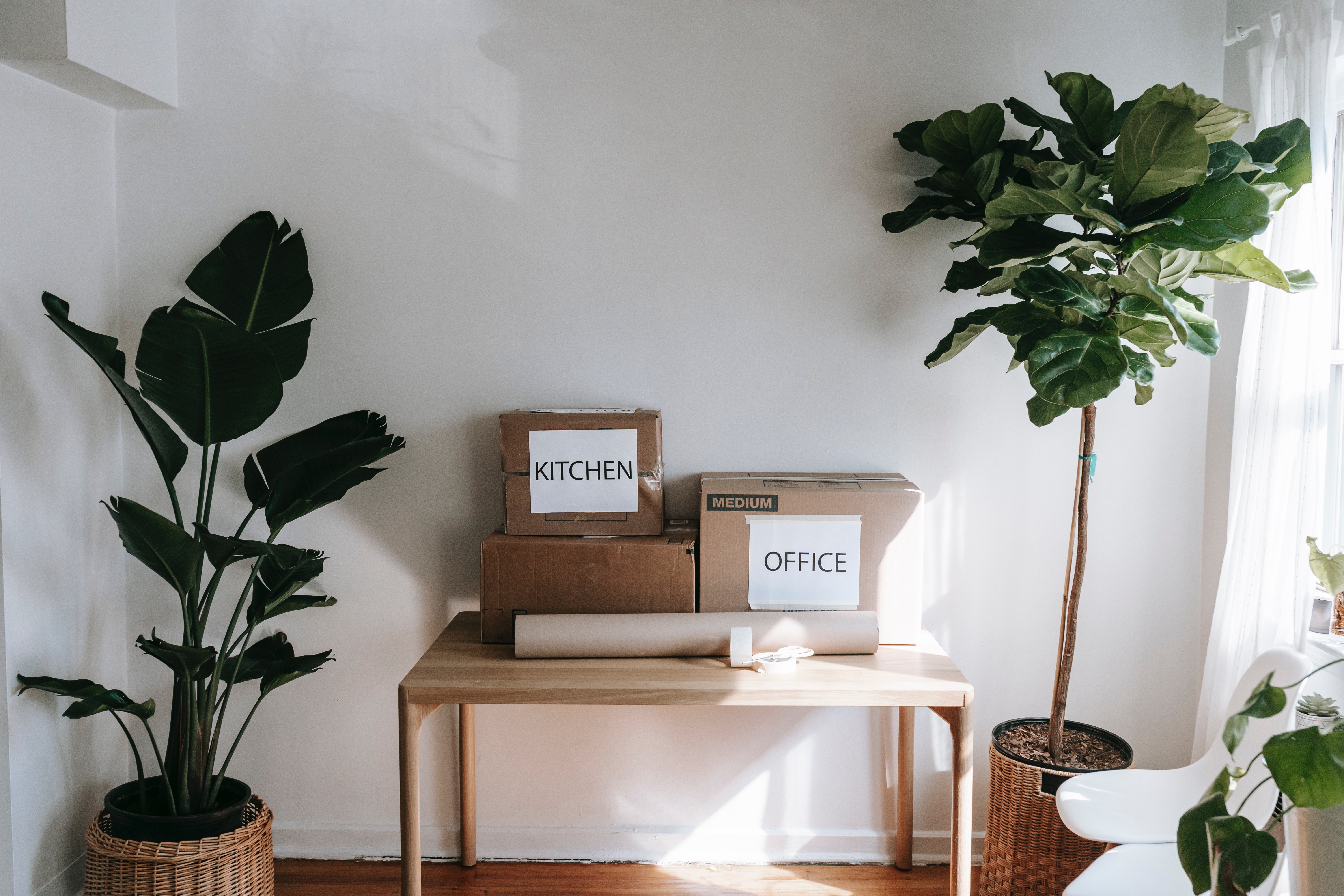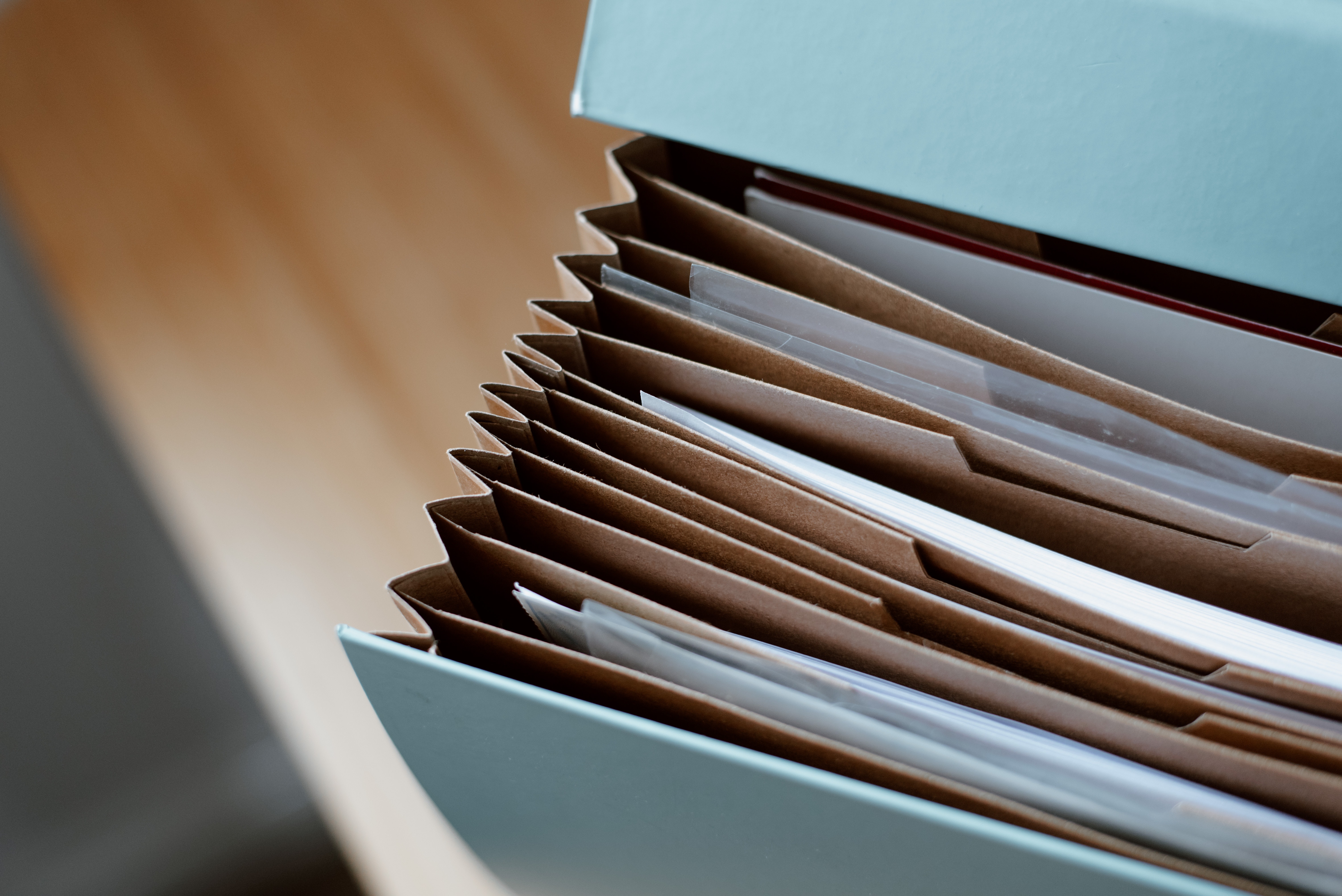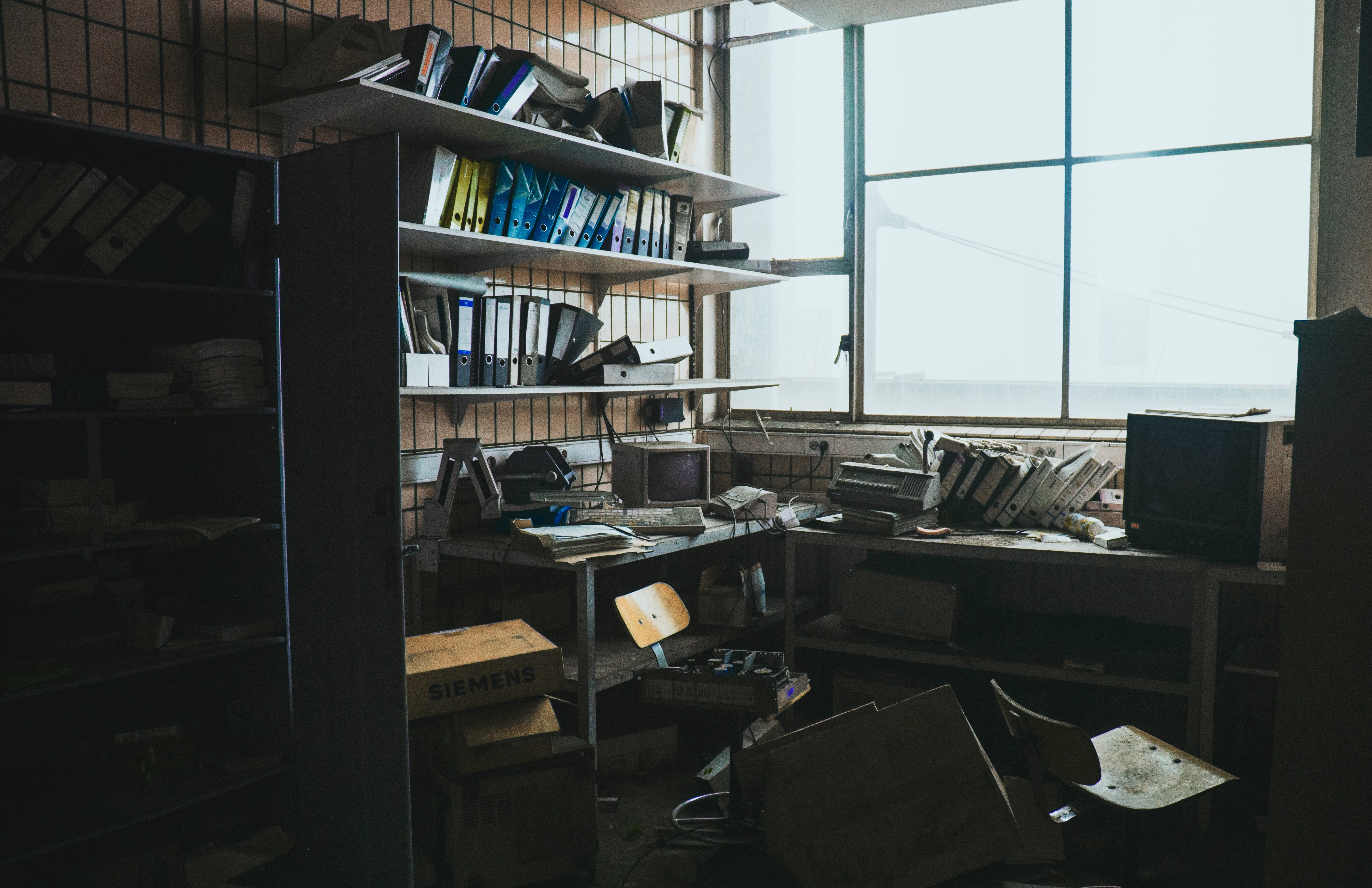We all tend to accumulate a cache of clutter as we occupy a dwelling for a given stretch of time: old trinkets that carry sentimental value, that 3-legged table in the garage that you haven’t gotten to fixing 3 years later, special gifts that have obviously seen better days, utensils that you haven’t used in years, and those items that occupy space yet you can’t seem to recall how they made way into your house.
What is clutter?

We define clutter as anything you keep that adds no value to your life.
The goal of decluttering is to make space in your home/living space/working environment for the things that actually matter.
Clutter in the home appears to be somewhat innocuous. However, many people feel anxious and as if their lives are out of control when they are surrounded by more things than they can handle.
Why is decluttering important?
“Yes, my house may be cluttered, but it doesn’t harm or bother me,” you may be saying.
The detrimental effects of hoarding clutter are quite insidious, yet they aren’t quite felt until when you are moving, or after actually decluttering.
Here are a few reasons why you should declutter your home:
- You will feel less stressed
- You will have more space
- You will stop wasting time and energy searching for the things that you need
- A clutter-free house is much easier to clean and look after
- Your house will always be ready for visitors
- Decluttering reduces the surfaces for dust and allergens to collect on. You will thus enjoy better overall air quality in your home
- It will be simpler to stage your home if you’re selling
- You might be able to gain money by selling items you don’t require
- You’ll save money on packing materials and moving charges
- Packing and unpacking when shifting will take less time and energy
- You will not fill your new house with clutter
You can start decluttering even before you start the shifting process. You’ll have less things to worry about on shifting day if you do it this way. Isn’t this a win-win situation? Decluttering before a move is critical, and it is something you should never overlook.
How to declutter before shifting

We recommend that clients start decluttering at least two weeks before the move. This way, you can focus fully on the moving process.
1. Allow yourself some time
Start decluttering early. You don’t have to declutter the entire house at once. With enough time, you can allocate a 30-minute window daily to deal with every room in your house.
2. Utilize extras
Start using up any leftover household products and amenities, such as toilet paper or shampoo, now so you’ll have less to bring with you. If you run out, purchase a smaller size to get you through the transition.
3. Choose what you need
This is a difficult one since you can find that you require everything.
Ask yourself, “Okay, this might be useful in that unusual event, but will it be so horrible even if I don’t have it?”
4. Begin with paper

Paper tends to gather the most in every home. It could take an entire day to deal with all of the documents, user manuals, and even ancient books that have been in your library for decades, with pages that are so delicate that they disintegrate between your fingertips. You’ll feel much better once you’ve gotten rid of the paper.
5. Use the three-box method of decluttering
Bring three boxes to each room you clean: one for items you’ll keep, another for items you’ll toss away, and the last one for items you’ll donate or sell. Drop each item into the appropriate box as you work through your house.
6. Use a practicality test
If you’re not sure whether to keep or donate anything, ask yourself if you’ll utilize it. Set a time limit for garments, for example. If you haven’t worn anything in a year, it’s likely that you won’t wear it again, so donate it.
Check for duplicates when it comes to linens, towels, and kitchen utensils. While having three sets of sheets would be wonderful, one or two will suffice. Hand towels, knives and spatulas get the same treatment.
7. Check expiration dates
Check the expiration dates of your goods, particularly those in the bathroom, kitchen and pantry.
Spices can keep for years, although they lose their effectiveness after around six months. If you’ve owned that spice jar for a while, take a sniff of what’s inside. You can toss it if you don’t receive a strong aroma of the spice.
Many beauty items, such as mascara and concealer, expire after a year in the bathroom. While wearing outdated cosmetics won’t harm you, now is a good opportunity to get rid of items you haven’t worn in years.
8. Get rid of the trash
Look at your items with an impersonal eye.
The old sheets that are so worn they’re almost transparent obviously need to go. That drawer full of old electronics and parts needs to be dealt with.
The garage requires an especially critical eye.
It’s a good idea to check for anything that requires special disposal methods, such as old batteries or aerosol cans.
The good thing is that you can look up how to get rid of most of this stuff on the internet. If some of these goods are excessively heavy, especially electronics, you can also hire a junk removal service.
9. Donate or sell your items

When you’ve gone through every room of your house, either sell what you don’t want or donate it to charity. You’ll finally be free of that junk, plus you’ll earn some money (or a tax deduction) to help offset the costs of your move.
When selling, you’ll find that some items will fetch a much lower price than you bought them for. Keep in mind that goods depreciate over time due to use and as technological advances make them obsolete. Remember, the primary goal is to clear your clutter.
5 Essential Tips for Decluttering Before Shifting
Now that you know what is house/ home decluttering, the importance of decluttering before shifting, and how to declutter before shifting. Below are essential tips for decluttering before shifting.
1. A strategy for action
It takes time to declutter, so get started as soon as possible. Make a list of which places or kinds of goods require the most decluttering attention. Set out regular times in your calendar for decluttering sessions, and decide which areas you’ll focus on in each one.
Reach out to those who can assist you with this process if you need it, whether it’s a spouse, friend, family member, or professional organizer.
2. Paperwork

Most people save documentation in case it comes in handy later.
If you have a lot of paperwork and are worried about it, the problem will not go away when you move.
Isn’t it lovely to have a clean slate?
Gather all of your paperwork from around your house, go over it, and discard as much as you can. With the majority of information nowadays being accessible in soft copy, you only need to keep what is irreplaceable or absolutely necessary.
You don’t need old bills, manuals for appliances you no longer own, or old invitations, for example. This includes periodicals and newspapers you’ve been intending to read but haven’t gotten around to yet – those may be of a better use when donated to a library, school, or children’s orphanage.
To prevent identity theft, shred anything that contains your name, address, or bank information. Scanning documents to your computer can also help you conserve space, but make sure you also back them up.
Take this chance to set up a filing system for those documents that you do choose to keep.
3. Bulky Items
Getting rid of superfluous furniture and bulky objects that you no longer need is one of the quickest “wins” when decluttering before moving house.
You might also find it valuable to measure the doorways and entryways of your new house and compare them to the dimensions of your (large) furniture to see if they will fit.
4. Garages, Basements, and Lofts
These are great storage areas, but they may quickly become dumping grounds, especially if you’ve lived in your house for a long time. They can take a long time to clear, so don’t wait until the last minute to do them.
Clearing these areas can also give the impression that your home is larger, which will increase its value when selling it. The positive thing about cleaning these rooms is that many of these items haven’t been utilized in years, making it simpler to let go of them because they no longer serve a role in your life.
5. Minimize purchases
Start minimizing the consumables in your home if your move is only a few weeks away. Remove expired food from the kitchen cupboards, refrigerator, and freezer, and plan what meals you can create with what you already have. Modify your shopping list to include only the products you truly require that week.
The key to making the most of the decluttering process is being honest with yourself about what you actually need to take with you and not allowing emotions to take over. While it may seem like a daunting task, with time and meticulous planning, you’ll feel like you live in a new house in a matter of weeks.
Are you shifting? Contact us and we will help you shift in style.


